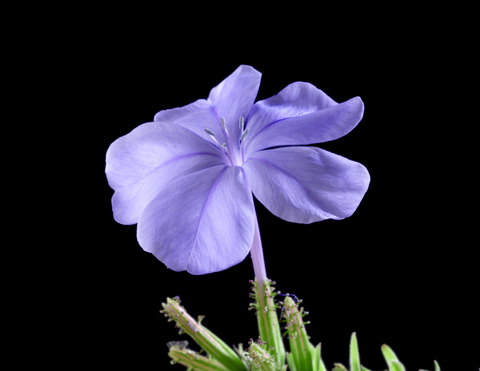So, oddball that I amI am in love with words. Not any word(s) in particular, Im not pickyI love them all. Each has the vivid promise to stimulate the senses. I love the way they play in my mouth when I speak them or scatter across the page when I write. Might you love them too? Heres an experiment for you. When no ones looking, close your eyes. Oh wait, you better read the instructions first. Okay, now close your eyes and slowly, fully, deeply breathe in the word “passion”.
Can you smell it? Like jasmine cast on a warm, humid breeze? Can you feel it rush across your skin? If you can, Mnemosyne, the Titan goddess of words, might just have seduced you.
Words are irresistible. Some are ostentatious (ooh theres a nice one); some simply sanguine (alliteration is kind of fun too, though a few find it fantastically frustrating). And lets not forget, deep drum beat please
“Boom, Boom, Pow!”–The Black Eyed Peas
onomatopoeia.
There is great power in words, either standing alone as in “heartbreak” or strung together into the perfect phrase as in “To be or not to be that is the question
”–William Shakespeare.
They persuade in our vast marketplace: “Tide® keeps on working after other suds have quit!” (Hmmm, well some words sell better than others) and inspire generations: “I have a dream that my four little children will one day live in a nation where they will not be judged by the color of their skin, but by the content of their character.”–Martin Luther King Jr.
They motivate nations: “And so, my fellow Americans: ask not what your country can do for you – ask what you can do for your country.”–John F. Kennedy And galvanize armies: “Better to fight for something than live for nothing.”–George S. Patton
And incredibly, words can transform lives: “For God so loved the world
” John 3:16
Love words, or loathe them? You may hate them, or have hated them in a post-bullied past. You know that schoolyard chant, “sticks and stones may break my bones, but words will never hurt me
” Bogus right? Cuts and bruises eventually heal, but words? They can disseminate lies, intolerance, and hatred.
Ever read/hear the following phrase? “Make the lie big, make it simple, keep saying it, and eventually they will believe it.”–Adolph Hitler
Scary words right? Makes me wish some who speak would choose not tolucky for us, we can choose not to listen.
Words can sting, even shatter, especially if the hurtful words come from someone we care about. But truly, dont the words uttered say more about the utterer? (utterer=invented word, love those too, although they get your a** kicked in Scrabble®). The words you choose to throw around identify who you are, reflect your characterset the tone of your existence.
Think Im exaggerating? Think again. Consider the girl who chats about the acquaintance of a friend of a friend. Ill call her Ashley for demonstration purposes only.
Ashley: “Did you see what Amanda is wearing? Her clothes are to die forI mean to die in, LOL !
What have you, the observer/reader already determined about Ashley simply based on her choice of words? Is she pompous? Petty? Cruel? Or insecure? Is she transferring her own unhappiness on to Amanda to make herself feel better? Raising herself up at the expense of another?
And as long as Amanda relegates the value of Ashleys words below that of tree limbs then no harm done, right? Ashley should simply shed those little nasty words like dead skin.
“Toughen up Ashley, theyre only words after all,” said the psychological expert who defends that stupid stick phrase.
“NO!” Now theres a word of power and choice, useful in so many circumstances.
“NoI cant buy that bridge youre selling, NoI wont talk trash behind anyones back, NoI dont ___________(insert activity of choice), No time for that, Nobut thanks anyway.”


